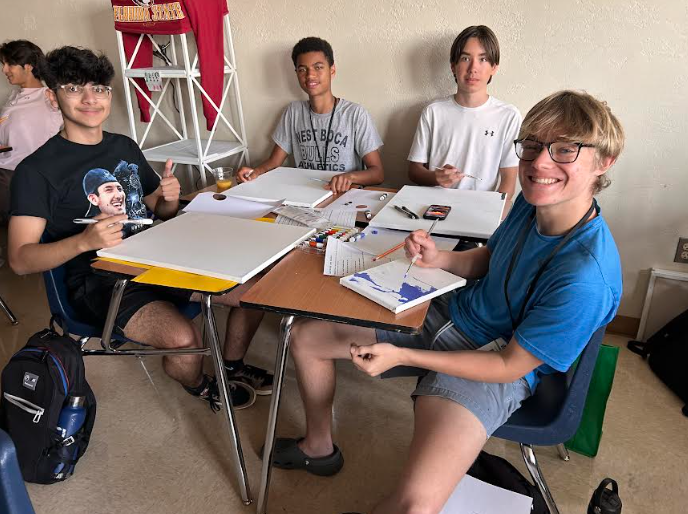Life Skills Lacking?

February 13, 2019
After graduating high school, many students are headed off to college or striking out on their own. In the midst of college applications or looking for a home, one can be naive to the details that come with moving out of your parents home, and into your own. Your parents probably remember a class in High School called “Home Economics,” or simply “Home Ec.” This class, whether they adored it or it was the bane of their existence, one may agree an essential class. Home Ec. taught necessary life skills such as managing your personal finances, balancing your checking account and budgeting, menu planning, food shopping, food preparation, laundry, cleaning, and sewing. However, parents worry that their children in today’s society, may not fully comprehend these essential life skills.
Ask yourself this: Do you know what the difference between a home loan and a mortgage is? The answer: nothing. Are you aware of the different types of insurances and which types you may need, or how to budget your money and manage a bank account? Do you know how to use kitchen appliances, clean a bathroom, correctly do the laundry? You would be surprised how many students are going off on their own not knowing the basics of taking care of themselves.
What goes into owning a car? Most young adults only think about the cost of the vehicle itself and forget to factor into the additional costs of owning a car. You will have to pay for car insurance, upkeep such as oil changes, windshield wipers changes, brake changes, tires, gas and any unexpected car repairs. Are you going to wash your car yourself, or are you going to take your car and have it cleaned? It is the same thing with a house. Unless you can pay for a home in full, you will probably have a mortgage; which could take years, maybe decades to pay off. Whether you own your home or are renting, there are expenses that you may not know to factor in. Some of these expenses include the water bill, power bill, which provides air conditioning/ heating and electricity, home and flood insurance, renters insurance, cable, internet, security, lawn maintenance, home repairs such as leaks, electrical issues, roof repair, as well as your personal needs such as food and hygiene products. You could also consider whether you want to pay someone to clean your house or take care of your lawn and pool.
Economics is a huge part of living alone. Some teens may, unfortunately, find finances boring. Taxes, insurances, student loans, savings and checking accounts, the list goes on. This can be a roadblock when it comes to teenagers wanting to learn about it. It is something you have to learn though, and some students may not have acquired this knowledge from family members which is where Home Ec. would be beneficial. When learning to live on your own, impulse buying can often pose a problem. Everyone has a something they need to have: clothes, books, franchise products, earphones and these little things add up. People often confuse needs with wants, leading to impulse buying, and living above their economic means.
Speaking of living above your means, an essential part of independent life is planning a budget. Budgets are primarily used for managing money,which is a necessary skill for living independently. A basic budget is easy to come up with. Here is a simple one: you take your take home pay or net pay (not gross pay, you do not get all of the money presented in gross pay) and subtract all home bills. With the bills that fluctuate, like power and water, take a six month average and subtract that as well. With whatever you have left, save ten to thirty percent and the money you have left can be used for other things such as: food, gas, entertainment, etcetera. You can adjust it for you specifically, but this is a good rough draft for a budget.
Here are some responses as to whether students felt that they are adequately prepared with life skills and information to feel comfortable moving out on their own.
After interviewing a variety of West Boca High students, these are the responses. When asked if they were ready to live independently, one student replied, “Nope.” When asked why, she replied, “I have no idea what to do. I wouldn’t even know where to start.” Another student was asked if they knew how to save and pay bills. Their response was, “I would keep a bank account for savings only and another for random expenses.” A different student, when asked what would be their most significant challenge in living independently, replied: “Making enough money to support myself, and managing my money.”
After speaking with several students, most feel that they are not adequately prepared with the life skills that they would need to move out on their own. The students of today are lacking the basic life skills that are needed to live outside of your parent’s basement. Home Ec. gave students the foundation to make it on their own. Now, however, that foundation is cracked, and it is only a matter of time before the “house” comes crumbling down.











































